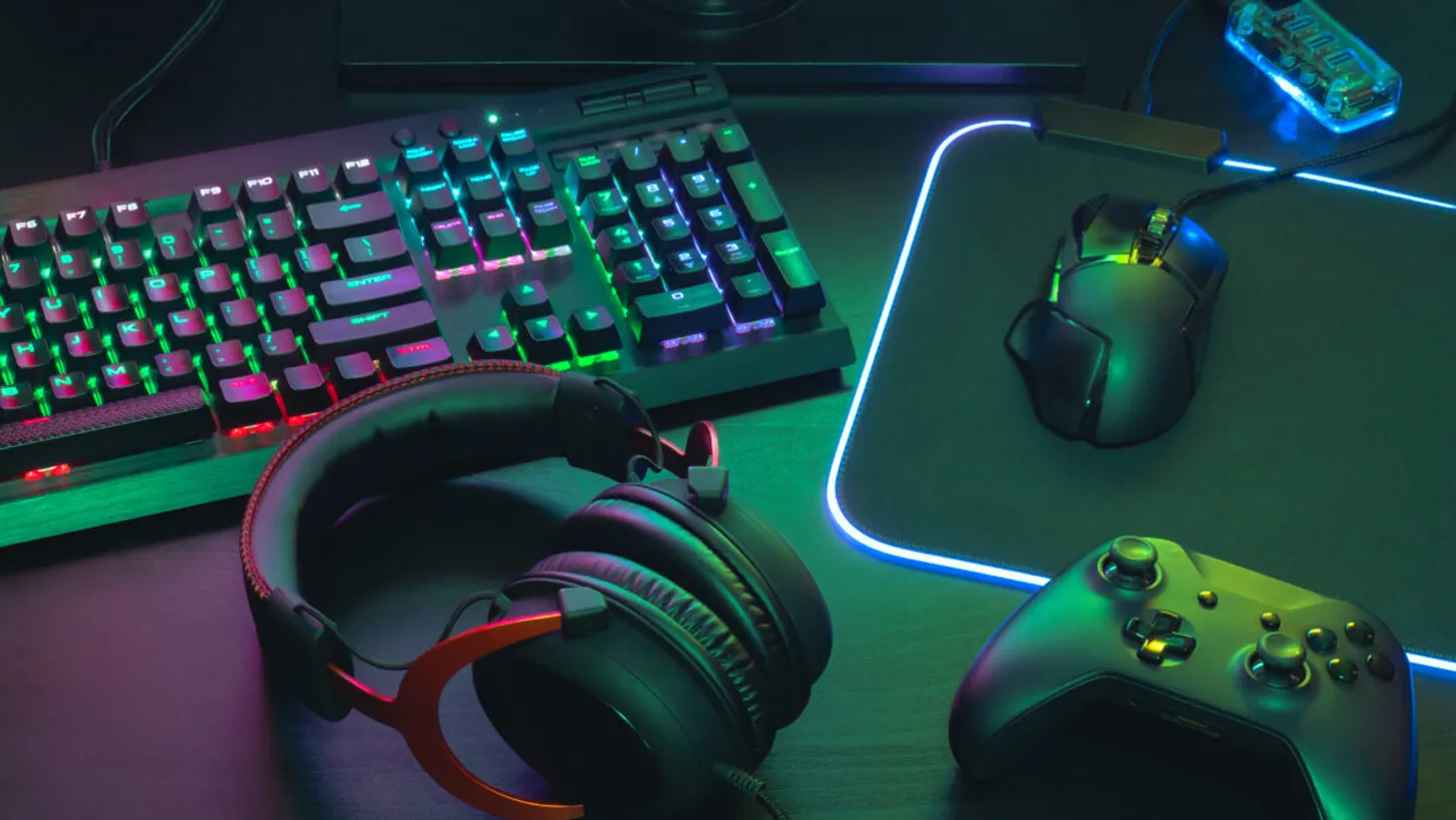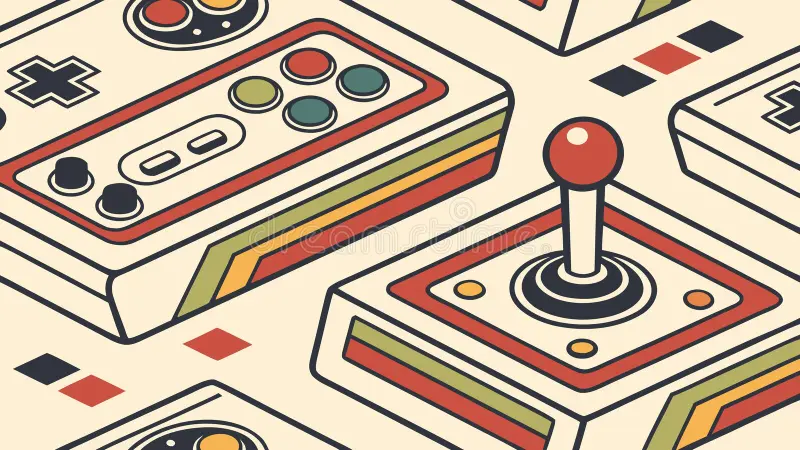
In the vast and ever-evolving world of gaming, there is an incredible power that often goes unnoticed – the ability to rebuild memories. Whether it’s a nostalgic trip down memory lane or a therapeutic tool for those suffering from memory loss, video games have the remarkable ability to transport us back in time and help us relive cherished moments.
One of the most common ways games are used to rebuild memories is through nostalgic gaming experiences. Many of us grew up playing classic games like Super Mario Bros., The Legend of Zelda, or Pokemon. These games hold a special place in our hearts, as they are often associated with fond memories of childhood and simpler times. Revisiting these games as adults can evoke a sense of nostalgia, allowing us to relive those memories and emotions that were once long forgotten.
For some, playing old video games can be a form of escapism, offering a temporary respite from the stresses and responsibilities of adulthood. The familiar sights and sounds of a beloved game can provide comfort and a sense of familiarity, helping to reduce anxiety and promote relaxation. In this way, gaming can be a powerful tool for mental health and well-being, allowing us to momentarily escape the pressures of everyday life and reconnect with our inner child.
In addition to fostering nostalgia, video games can also be used as a therapeutic tool for those suffering from memory loss. Conditions such as Alzheimer’s disease and dementia can cause significant cognitive decline, leading to difficulties with memory, language, and problem-solving. However, recent research has shown that playing video games can help improve cognitive function and memory in individuals with these conditions.

One study published in the journal PLOS One found that playing 3D platformer games, such as Super Mario 64, for 30 minutes a day over a period of two weeks led to increased grey matter in the hippocampus, a key brain region involved in memory formation. This suggests that video games can stimulate neural growth and improve memory function, making cloud vps server them a valuable tool in the fight against cognitive decline.
Furthermore, video games can also be used as a form of reminiscence therapy for individuals with dementia. By playing games that are reminiscent of their past experiences, such as farming simulations or puzzle games, patients can engage in meaningful and enjoyable activities that stimulate their memory and cognitive abilities. This can help improve mood, reduce agitation, and enhance overall quality of life for individuals living with dementia.
In addition to their therapeutic benefits, video games can also serve as a powerful storytelling medium, allowing players to immerse themselves in rich and engaging narratives that resonate with their own experiences. Games like The Last of Us, Life is Strange, and To the Moon have been praised for their emotional depth and storytelling prowess, tackling complex themes such as loss, love, and redemption.
By experiencing these stories firsthand, players can form deep emotional connections with the characters and events in the game, allowing them to reflect on their own memories and experiences in a meaningful way. This unique form of interactive storytelling can be a powerful tool for self-reflection and personal growth, helping players gain a deeper understanding of themselves and the world around them.
In conclusion, the power of video games to rebuild memories is truly remarkable. Whether it’s through nostalgic gaming experiences, therapeutic interventions for memory loss, or immersive storytelling, games have the ability to transport us to different times and places, allowing us to relive cherished memories and form new ones. As technology continues to advance and games become more sophisticated, the potential for games to reshape and enhance our memories is limitless. So next time you pick up a controller, remember that you’re not just playing a game – you’re embarking on a journey through time and memory.
